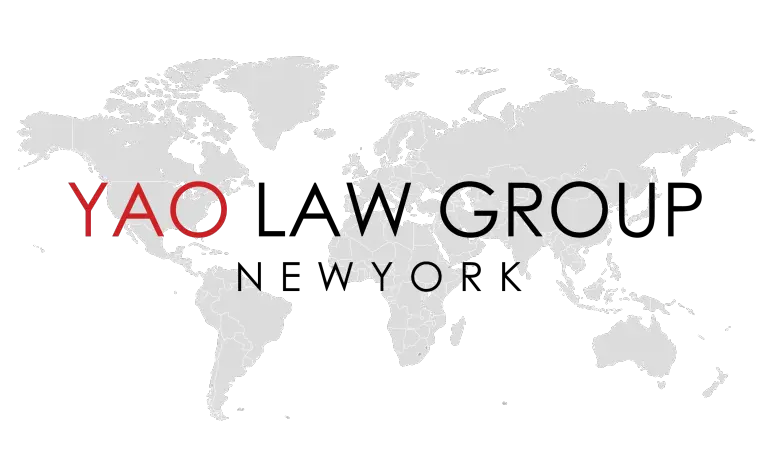On September 18, 2017, in accordance with the Privacy Act of 1974, the Department of Homeland Security (DHS) proposed to modify a current Department of Homeland Security system of records titled, “Department of Homeland Security/U.S. Citizenship and Immigration Services, U.S. Immigration and Customs Enforcement, U.S. Customs and Border Protection-001 Alien File, Index, and National File Tracking System of Records.”
The new rule will be implemented on October 18, 2017 after a public comment period.
This new rule is to establish that certain government electronic documents are also part of immigrants’ official records, as DHS “moves to conducting more immigrant actions in an electronic environment.” However, DHS is also adding new categories to official records including “social media handles, aliases, associated identifiable information, and search results.”
The collection of social media information isn’t limited to new immigrants and will apply to all immigrants including permanent residents and naturalized citizens.
Incorporating social media information into immigration records has become a point of focus in recent years. In 2015, DHS began working on a plan to add social media searches into visa application protocol. At that time, details about DHS’s new program were scarce, as the government did not want to reveal how it found and identified posts considered as threats.
In 2016, DHS proposed and implemented a new section in the travel form for foreign visitors coming to the US under the visa waiver program that asks for social media handles.
2017 – busy year for DHS
In February 2017, DHS announced that it was planning to start asking visitors from Trump’s travel ban list of countries for their social account names and their passwords.
In March 2017, reports came out that Secretary of State Rex Tillerson ordered social media checks on all visa applicants who had visited ISIS-controlled regions.
In June 2017, the Trump administration introduced an expanded visa applicant questionnaire that asks for all social media handles used in the last five years.
With the new rule, which will go into effect on October 18 2017, immigration attorneys will have to identify what “appropriate” social media conduct is and advise clients accordingly.


